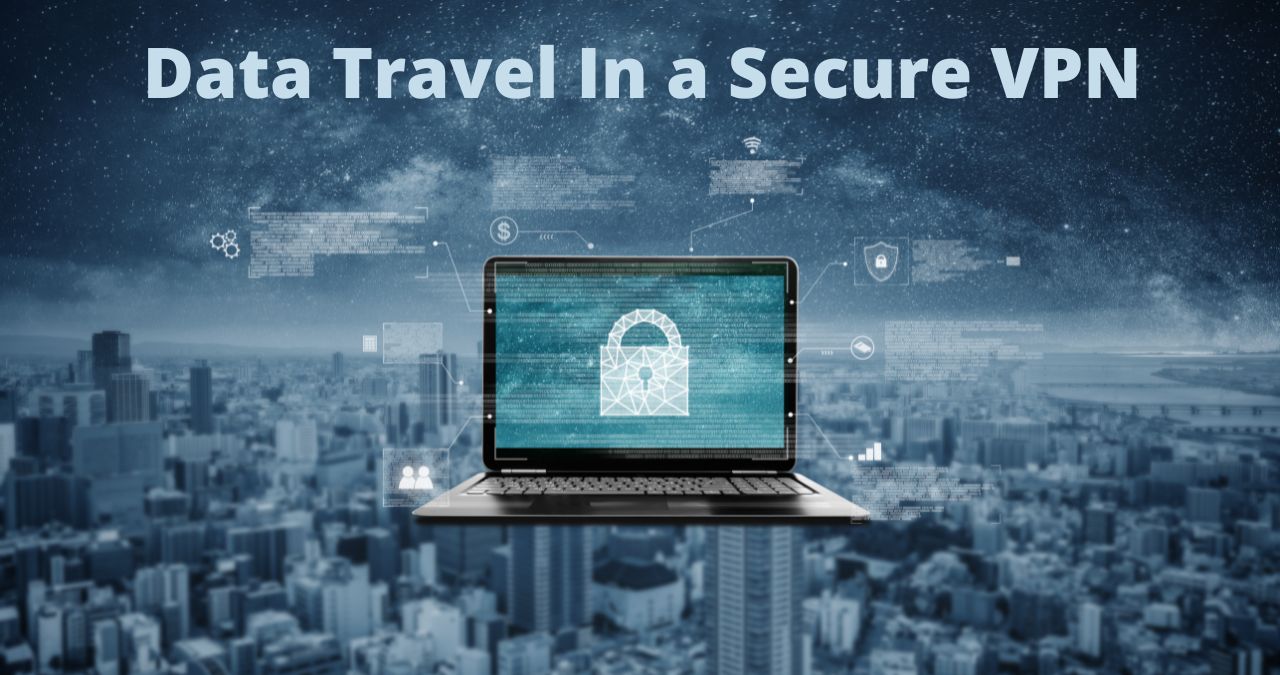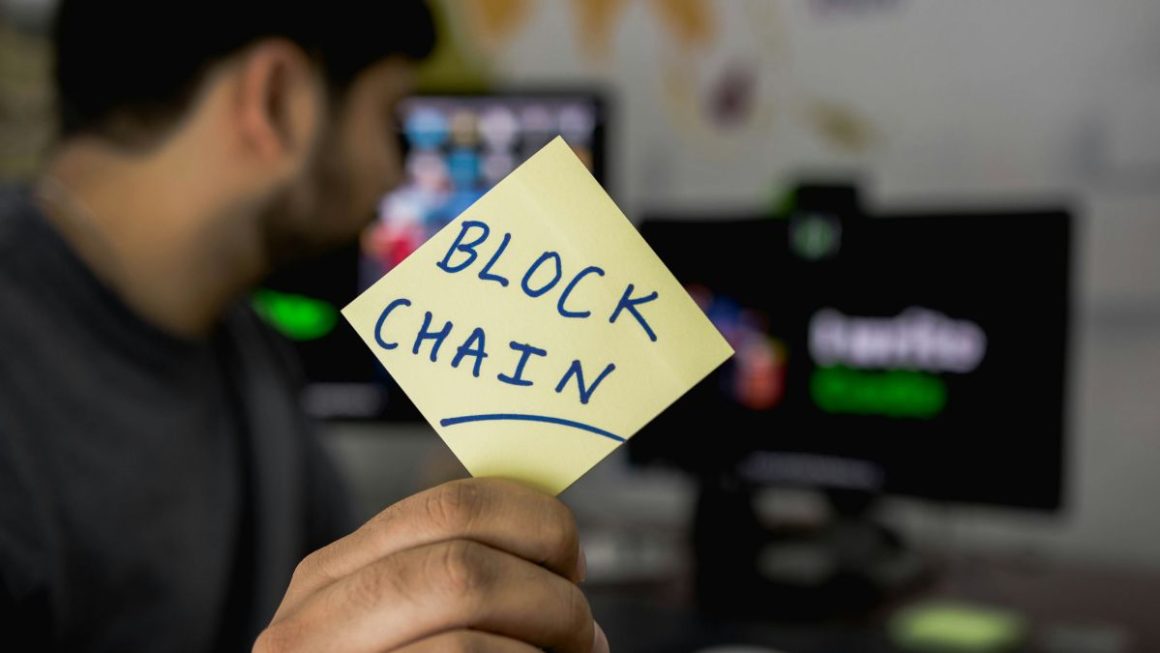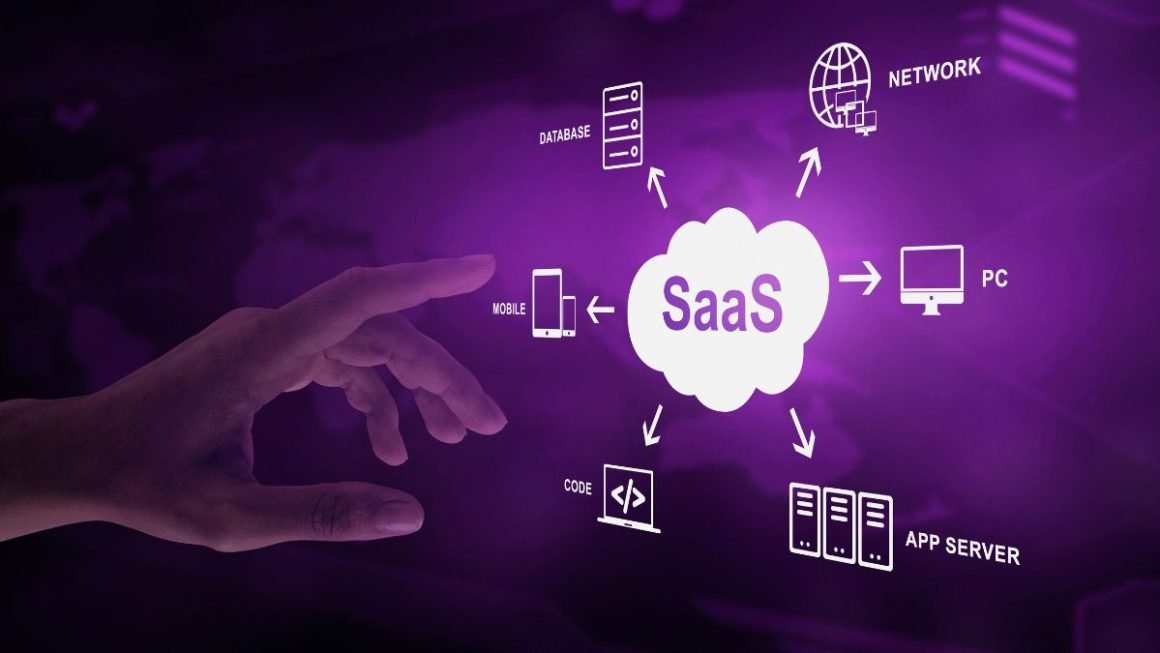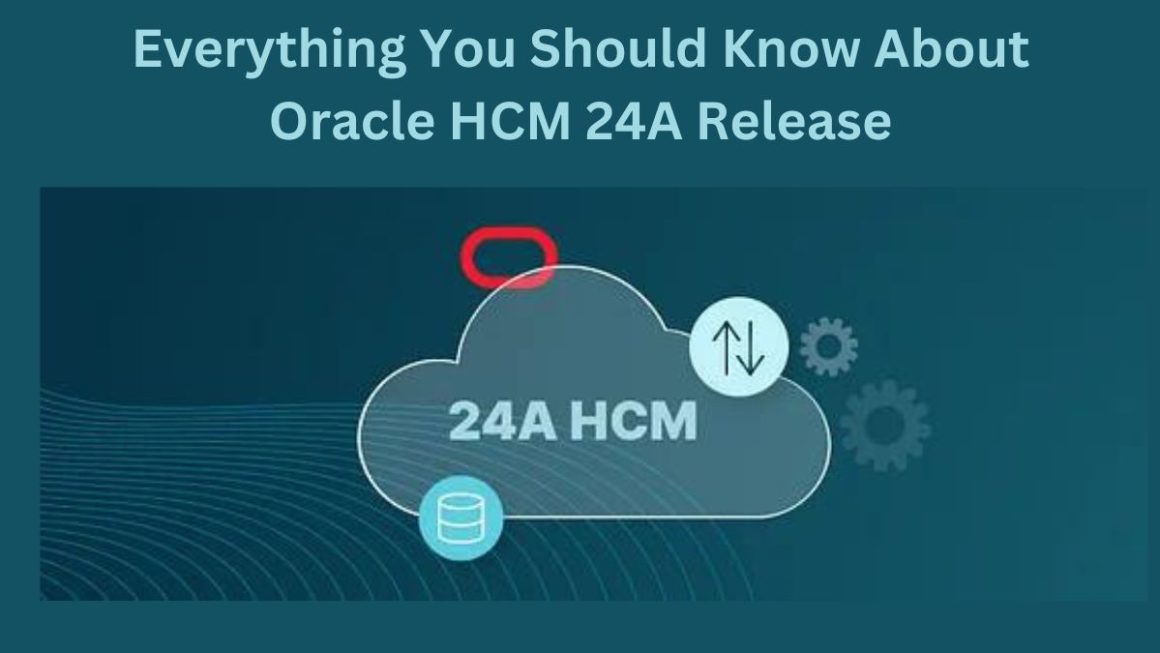Secure VPN With a VPN, things work differently because corporate transmissions are secured through tunneling and encryption.
Here’s what happens when a co-worker remotely connects to the corporate network using a VPN.
- The employee reaches a VPN server (owner or provider) via a specific client. The server identifies the user through user name and password, with different levels of security, and activates the flow of communications.
- the server activates a secure virtual tunnel to communicate with the client through encryption procedures that make the data indecipherable
- The message reaches the authorized recipient and is decrypted to be readable again.
In any case, there is an important concept that should not be forgotten.
When it comes to the internet and digital technologies, no tool can guarantee 100% protection. Responsible online services are essential, even when working using a secure VPN. If you visit phishing sites or open compromised files, your VPN security is compromised.
What is tunneling? The road that protects your data
We mentioned tunneling and encryption, but how exactly do they work?
Tunneling is a temporary authenticated connection between two points to transmit secure IP packets.
To create the virtual tunnel, hardware or software solutions are used to guarantee network access, in combination with special protocols used for data transport and security.
Encryption and authentication: the keys to security
Users who use a VPN must be authenticated.
This process usually takes place through a client who communicates with the VPN server in charge of verifying the participants’ identities. These verifications can occur in many ways, such as digital signatures, passwords, certificates, etc.
Data transmissions are only authorized after these checks have been passed.
Data passing through the VPN tunnel is also encrypted, a technique that uses an automatic digital algorithm to encode information and make it undecipherable for unauthorized parties.
Encryption takes place by encapsulating the data packets.
This procedure requires that the regular data packets are in turn “enveloped” in other packets that make them unreadable to third parties.
In practice, it is as if the data were placed in a safe, which is locked with a key.
Only the recipient of the message, thanks to the authorization provided by the VPN server, has the right key to open the safe and read the finally decrypted message.
Also Read : Business VPN: 5 Useful Tips For Safe Browsing With Guaranteed Performance




